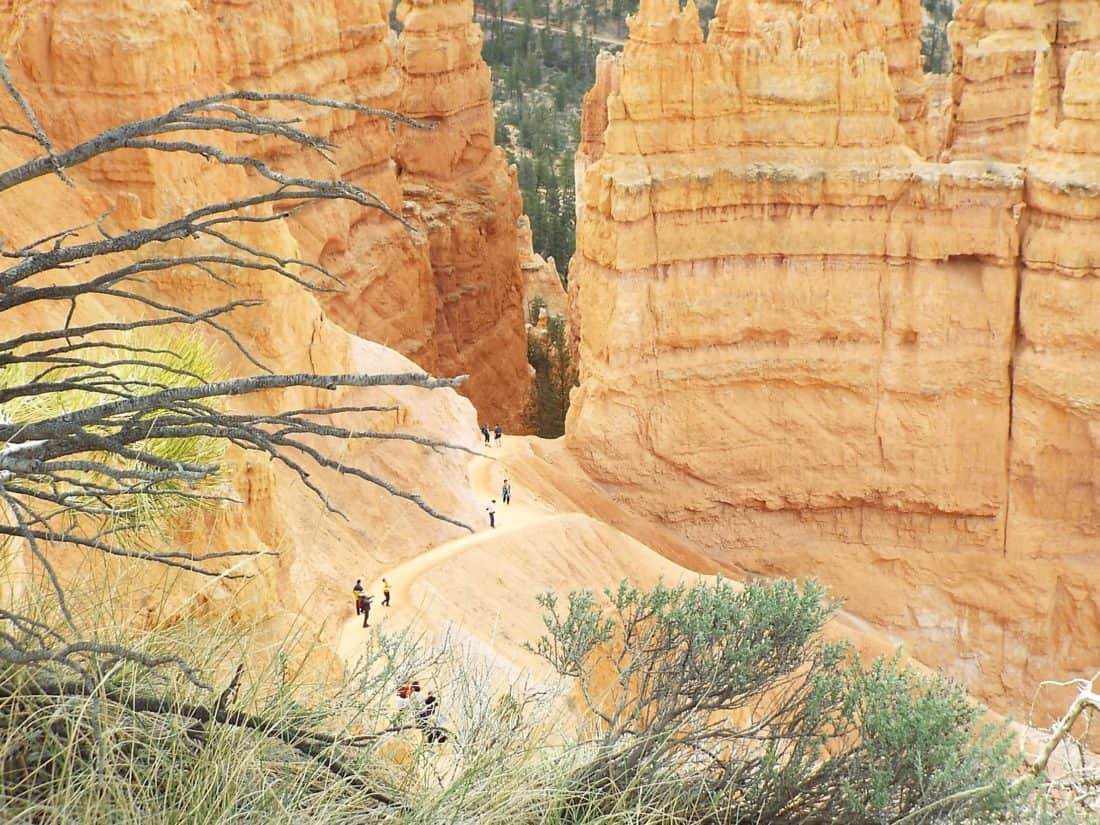FAO vows to help Nigeria in controlling soil erosion, environmental degradation

- Country:
- Nigeria
The United Nations Food and Agriculture Organization has vowed to provide technical assistance to Nigeria to control soil erosion and environmental degradation in the country.
Like other countries, Nigeria also celebrated World Soil Day on December 5, 2019 to continue the awareness ‘Stop soil erosion, save our future’. The Food and Agriculture Organization (FAO) Representative in Nigeria and ECOWAS, Suffyan Koroma opined that the organization was committed to working with the government and private organisations to stop land degradation, promote soil conservation, improve soil fertility and productivity and promote food security.
Suffyan Koroma gave the assurance at the ‘experts dialogue’ to commemorate the Day organised by the Nigeria Institute of Soil Science in collaboration with FAO and the Soil Science Society of Nigeria. According to Koroma, Nigeria Institute of Soil Science (NISS) and FAO have a strong relationship and shared commitment to protect Nigeria’s soil, increase agricultural production and ensure a secure future for the coming generation.
“To reduce erosion rates on farmlands, reliable and proven soil conservation technologies must be adopted and these include ridge planting, no-till cultivation, crop rotation, mulches, living mulches, agro-forestry, terracing, contour planting, cover cropping and installation of windbreaks. I implore all organisations to work toward including soil erosion management and control in future project plans with specific budget lines. We must work to ensure that people have safe and nutritious food without endangering essential ecosystems services,” Koroma added.
According to him, Nigeria has the highest rate of deforestation of primary forest in Africa with annual losses estimated at 11.1 percent, while ‘desertification in the northern part of Nigeria is advancing consistently at the rate of 0.6 kilometre per annum with as much as 351,000 square kilometre regarded as potential desertification area.










